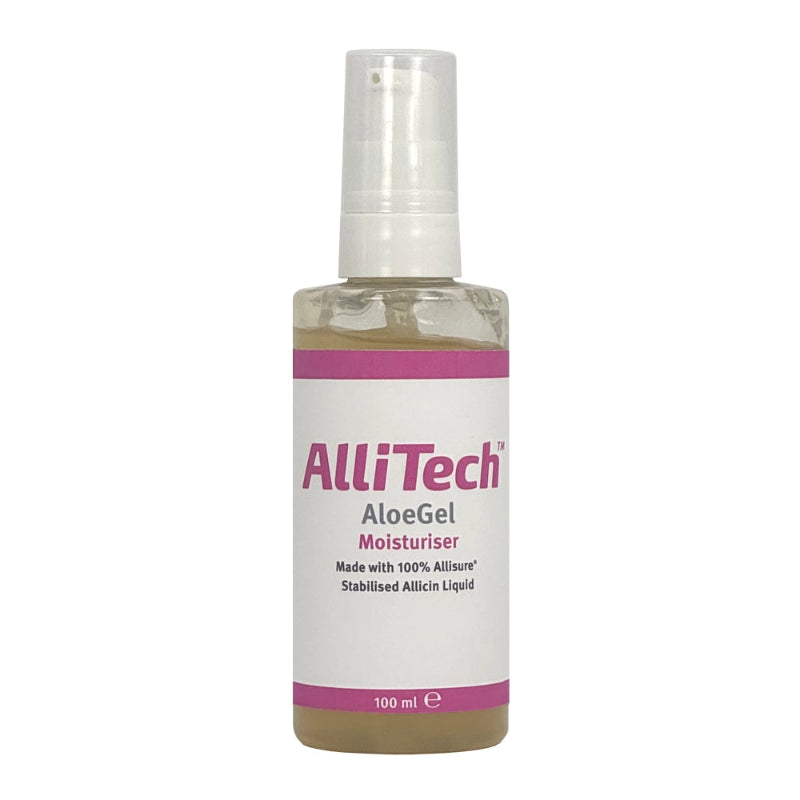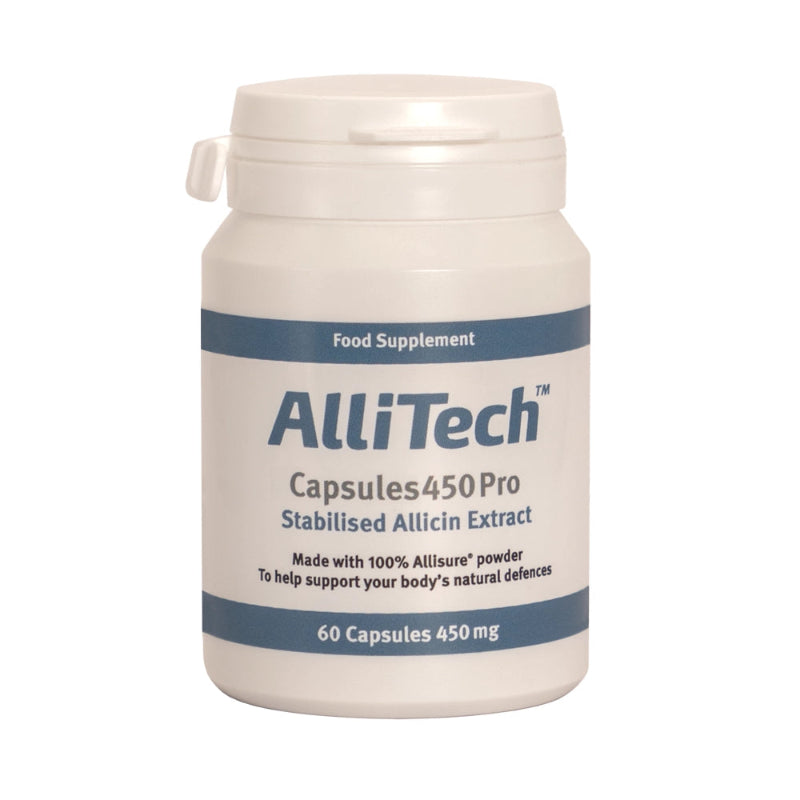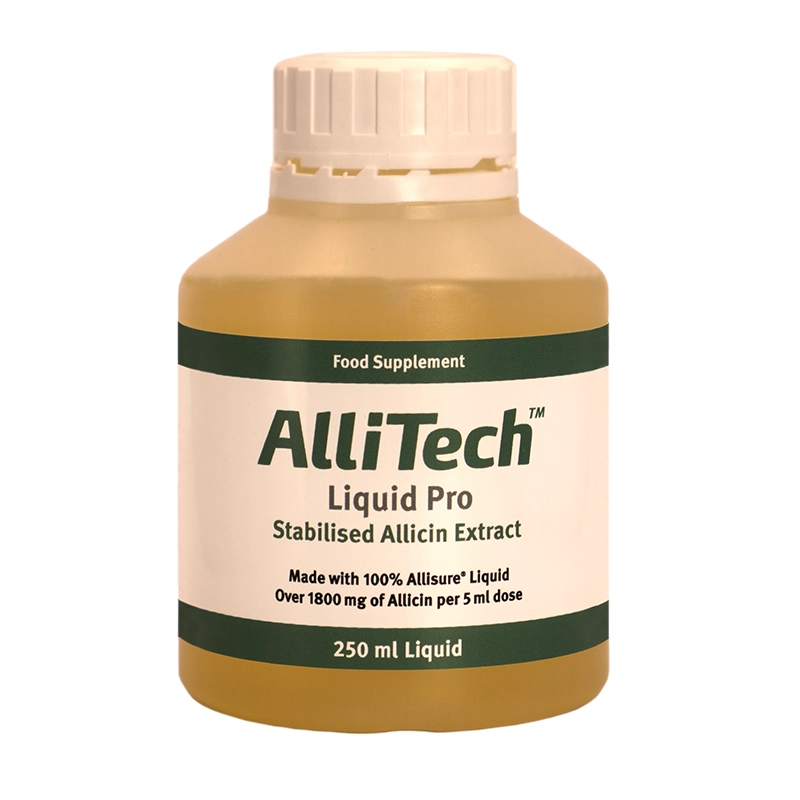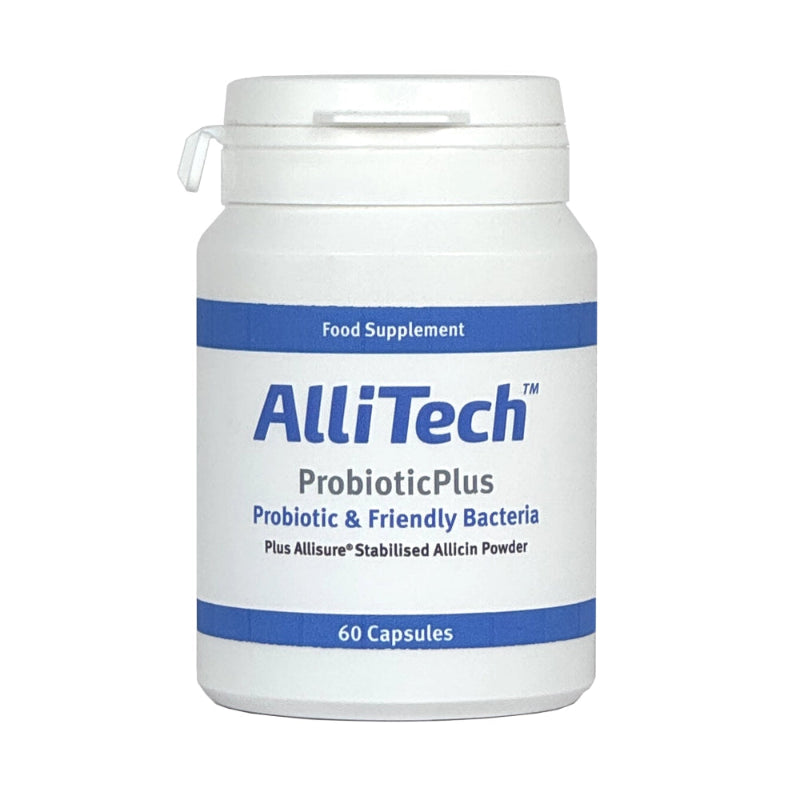In recent years, more people have turned to natural alternatives to support their health and wellbeing. From boosting immunity with herbal remedies to managing everyday concerns like digestion or sleep, this shift reflects a growing interest in treatments derived from nature. One area attracting particular attention is the use of natural antibiotics for skin infections. Conditions such as acne, athlete’s foot, and minor wounds are common, and the idea of addressing them with plant-based or naturally occurring compounds appeals to those who prefer gentle, holistic solutions.
That said, it is essential to keep a balanced perspective. While natural remedies can offer valuable support, they are not a replacement for professional medical advice. Severe, persistent, or rapidly worsening skin infections may require treatment from a healthcare professional, and self-managing without guidance can sometimes do more harm than good.
This article will explore some of the most widely recognised natural antibiotics for skin infections, highlighting their potential benefits, how they are typically used, and where they may fit into a broader approach to health. Among these, we will also introduce AlliTech, a unique supplement from Dulwich Health that delivers stabilised allicin, the active compound in garlic, which has been studied for its antibacterial, antifungal, and antiviral properties.
Dulwich Health’s AlliTech Product Range

What is AlliTech?
AlliTech is a unique natural health product range from Dulwich Health that harnesses the power of allicin, the active compound found in fresh garlic. Allicin is created when garlic is crushed or cut, and it is responsible for garlic’s well-documented antimicrobial properties. In nature, allicin protects the garlic bulb from attack by bacteria, fungi, and other microbes in the soil. Through a patented process, Dulwich Health has developed a way to stabilise and deliver a 100% allicin yield, making AlliTech the first supplement range to provide allicin in its pure, bioavailable form.
How it Works
According to product research, allicin functions as a natural antibiotic, anti-parasitic, anti-viral, anti-fungal, and immune booster. Unlike many conventional antibiotics, which may allow some microbes to survive and become resistant, allicin rapidly and completely destroys pathogens. Its highly reactive nature means it can penetrate cell walls, neutralise harmful organisms, and support the body’s immune defences. This broad-spectrum action has made AlliTech popular for addressing a variety of infections, particularly those resistant to standard treatments.
Product Forms and Uses
AlliTech is available in several forms, each designed for different needs:
- AlliTech Liquid – A concentrated liquid form containing stabilised allicin. It is often used as a first-line approach and can be taken orally or applied topically. Reported applications include stubborn skin infections such as MRSA, as well as burns, wounds, and ulcers.
- AlliTech Spray – A convenient option for direct application. It is typically sprayed onto small wounds, insect bites, athlete’s foot, fungal nails, and sore throats, providing targeted antimicrobial action.
- AlliTech Gel – Specially formulated for open wounds, sensitive or intimate areas, fungal infections (such as athlete’s foot and nail fungus), nappy rash, rosacea, and other skin concerns. It can be applied several times a day and is gentle enough for delicate areas.
- AlliTech Capsules (180 mg and 450 mg) – Odourless capsules designed for internal support. These are often recommended after a course of liquid use or as part of ongoing maintenance, helping the body defend itself from within.
Key Highlights
AlliTech has been supplied by Dulwich Health for more than 15 years, during which time no side effects have been reported. Its long-standing track record and unique formulation make it a trusted choice for those seeking a natural yet powerful alternative to conventional antimicrobial treatments.
Other Natural Antibiotics for Skin Infections

While AlliTech offers a concentrated and stabilised form of allicin, there are several other natural substances that have long been valued for their ability to support skin health and fight infections. Each of these remedies comes with potential benefits, but it is important to use them correctly and to seek medical advice for serious or persistent conditions.
Honey (Manuka Honey)
Honey has been used as a natural wound treatment for centuries, and Manuka honey in particular is recognised for its strong antibacterial properties. It can help to keep wounds moist, protect against infection, and promote faster healing. Manuka honey is typically applied directly to minor cuts, scrapes, and ulcers under clean dressings. However, only medical-grade Manuka honey should be used for wound care to ensure safety and sterility.
Tea Tree Oil
Derived from the leaves of the tea tree, this essential oil is well known for its antiseptic and antibacterial effects. It is commonly used for acne, fungal infections, and minor cuts. Important note: tea tree oil must always be diluted with a carrier oil, such as coconut or olive oil, before applying it to the skin. Using it undiluted may cause irritation, redness, or allergic reactions.
Turmeric
Turmeric contains curcumin, a powerful compound with both anti-inflammatory and antimicrobial properties. For skin applications, turmeric powder is often made into a paste with water or coconut oil and applied directly to affected areas. It may help with acne, minor wounds, and inflammatory skin conditions. Caution should be taken as turmeric can stain the skin and clothing.
Coconut Oil
Coconut oil is widely used for its moisturising and soothing qualities. It also contains natural fatty acids that have mild antiseptic and antifungal properties, making it useful for dry, irritated, or mildly infected skin. It can be applied directly to the skin, although those with oily or acne-prone skin should use it sparingly as it may clog pores in some individuals.
Aloe Vera
Aloe vera gel, taken directly from the plant or in prepared products, is a classic remedy for burns, rashes, and wounds. It offers antimicrobial, anti-inflammatory, and soothing benefits, helping to calm irritated skin while supporting healing. Fresh aloe gel is generally safe, though processed products should be checked for added ingredients that may not be suitable for sensitive skin.
Garlic
Garlic has long been used as a natural antibiotic thanks to allicin, its main active compound. Crushed garlic can release allicin, which has antibacterial and antifungal properties. Some people apply garlic paste to minor infections; however, raw garlic can be harsh on the skin and may cause burns if left in contact for too long. This is why stabilised formulations such as AlliTech provide a safer and more controlled way to harness garlic’s benefits.
Comparison of Natural Antibiotics for Skin Infections
| Option | What it is | How it is used | Reported strengths | Typical cautions | Best fit |
|---|---|---|---|---|---|
| AlliTech (Dulwich Health) | A product line delivering a 100% allicin yield via a patented process, based on garlic’s active compound. | Liquid, spray, gel, and capsules. Used orally and topically. Spray and gel for direct skin application. | Broad spectrum action described as natural antibiotic, anti-viral, anti-fungal, anti-parasitic, and immune support. Multiple formats make it practical for wounds, burns, ulcers, fungal issues, and resistant infections like MRSA. Supplied for 15+ years with no reported side effects in product info. |
Follow label guidance. Store liquid, spray, and gel in the fridge. Not recommended for young children below stated ages. | Versatile first choice when you want stabilised allicin with measured dosing and easy application forms. |
| Manuka honey | Sterile, medical-grade honey with high antibacterial activity. | Applied directly to minor wounds and covered with a clean dressing. | Helps maintain a moist wound environment and supports healing. Good for superficial cuts and ulcers. | Use medical-grade only for wound care. Can be sticky and messy. Avoid if allergic to honey or bee products. | Great for clean, minor wounds that need moisture balance. |
| Tea tree oil | Essential oil with antiseptic and antibacterial effects. | Always dilute with a carrier oil before topical use. Commonly used for acne and mild fungal issues. | Targeted spot care. Pleasant for short-term use on small areas. | Undiluted oil can irritate or sensitise skin. Patch test first. Keep away from eyes and do not ingest. | Good for occasional spot treatment on robust skin. |
| Turmeric | Contains curcumin with anti-inflammatory and antimicrobial properties. | Made into a paste with water or coconut oil for short contact on skin, then rinsed. | Helps calm inflamed skin and may support superficial lesion care. | Stains skin and fabrics. May cause irritation if left on too long. Patch test advised. | Useful as a brief calming mask for inflamed areas. |
| Coconut oil | Moisturising oil with mild antiseptic and antifungal activity. | Applied thinly on dry or irritated skin, or used to dilute essential oils. | Supports barrier repair and comfort. Simple and accessible. | Can be comedogenic for some. Use sparingly on acne-prone skin. | Best for dry, irritated skin that needs barrier support. |
| Aloe vera | Soothing gel with antimicrobial and anti-inflammatory effects. | Applied as a cooling gel to irritated skin, minor burns, or rashes. | Reduces discomfort and redness while supporting surface healing. | Check product additives. Rare allergies possible. Patch test on sensitive skin. | Ideal for sunburns, mild irritation, and aftercare. |
| Garlic (raw) | Releases allicin on crushing, offering antibacterial and antifungal action. | Sometimes used as a brief topical paste. Not generally recommended due to skin sensitivity. | Powerful at source and widely available. | Raw garlic can burn or blister skin if left on. Strong odour. Hard to dose consistently. | Consider only with care. Stabilised allicin products offer more controlled delivery. |
Note: Natural options can support skin health, but they are not a substitute for professional medical care. Seek medical advice for severe, spreading, or persistent infections.
Precautions and When to See a Doctor
While natural remedies can play a supportive role in maintaining skin health, they should never be seen as a replacement for professional medical care. Skin infections can range from mild and short-lived to serious conditions that require prompt medical treatment. Using natural substances may provide comfort and support, but they are not a cure-all.
It is important to consult a healthcare professional for an accurate diagnosis and appropriate treatment, particularly if an infection does not improve with self-care or continues to worsen.
Red Flags Requiring Medical Attention
Seek medical help immediately if you notice any of the following:
- A wound that will not stop bleeding.
- Cuts or injuries that are large, deep, or involve significant tissue damage.
- Signs of a serious infection such as spreading redness, warmth, swelling, severe pain, or pus.
- Fever or feeling unwell alongside a skin infection.
- Infections that keep coming back despite treatment.
Safe Use of Natural Remedies
- Always check for potential allergies before trying a new remedy.
- Perform a patch test on a small area of skin and wait 24 hours before wider use.
- Follow guidance on dilution, particularly for essential oils like tea tree, to prevent irritation.
- Avoid using unverified home remedies on severe wounds, burns, or rapidly worsening conditions.
By combining the careful use of natural remedies with appropriate medical advice, you can take a safe and balanced approach to managing skin health.
Frequently Asked Questions (FAQs)
Q: What is AlliTech and how does it work as a natural antibiotic?
A: AlliTech is a product line from Dulwich Health that utilises allicin, a powerful compound derived from garlic. Allicin is described as a natural antibiotic, anti-fungal, and anti-viral agent that helps the body combat infections. According to the product information, AlliTech is created through a patented process that ensures a 100% allicin yield, making it highly bioavailable and effective.
Q: Can I use AlliTech for any type of skin infection?
A: The product information suggests that AlliTech has been used by customers for a wide range of skin infections, including MRSA, leg ulcers, bed sores, burns, fungal infections, and other skin conditions. It is available in multiple forms such as gel and spray, which are designed for topical use. However, it is always best to consult a healthcare professional for a proper diagnosis and treatment plan tailored to your condition.
Q: What are some other well-known natural antibiotics for skin infections?
A: In addition to AlliTech, several natural substances are often used for their antimicrobial properties:
- Honey (especially Manuka honey): known for wound-healing and antibacterial benefits.
- Tea Tree Oil: a potent antiseptic with antibacterial action, but it should always be diluted before skin application.
- Turmeric: contains curcumin, valued for its anti-inflammatory and antimicrobial effects.
- Coconut Oil: a natural moisturiser with mild antiseptic properties.
- Aloe Vera: widely used for its soothing, anti-inflammatory, and antimicrobial qualities.
Q: Is it safe to use natural antibiotics instead of prescribed medication?
A: Natural remedies can be a helpful complement to skin health routines, but they are not a substitute for prescribed medication, particularly in cases of serious or persistent infections. Always consult a doctor if an infection is worsening, spreading, or not responding to self-care to ensure proper treatment and avoid complications.
Q: Are there any side effects from using AlliTech or other natural remedies?
A: According to the product information, no side effects have been reported with AlliTech in over 15 years of use. For other natural remedies, potential side effects include skin irritation or allergic reactions. To minimise risks, perform a patch test on a small area of skin before applying any new substance more widely.
Your Next Steps
Natural antibiotics offer a compelling alternative or supplement to conventional treatments when it comes to skin infections. From the powerful action of allicin (as found in AlliTech) to time-honoured remedies like Manuka honey, turmeric, tea tree oil, aloe vera and coconut oil, these options bring both antimicrobial and soothing effects.
Among them, AlliTech stands out for its stabilised, pure allicin formulation, multiple formats (gel, spray, liquid, capsules), and long track record of over 15 years with no reported side effects in the supplied information. It offers users a convenient and trustworthy way to harness garlic’s healing power without many of the drawbacks of raw garlic or unregulated remedies.
That said, natural remedies are best viewed as part of a broader health strategy, not a replacement for medical care. For any serious, deep, or worsening infections, it’s essential to seek professional diagnosis and treatment.
If you’re interested in exploring a well-documented stabilised allicin option, you can find out more about AlliTech here.
Research References
Key scientific and clinical sources that informed this article.
Allicin / Garlic (Antibacterial, Antifungal, Antiviral)
Mechanistic evidence for allicin’s antimicrobial activity
Garlic antimicrobial and antifungal properties
Allicin synergy with ivermectin against mites
Bioactive sulphur compounds in garlic and health effects
Manuka Honey for Wound Healing & Skin Infections
Manuka honey antibacterial mechanisms
Methylglyoxal (MGO) as the active antimicrobial component
Manuka honey in wound care and infection reduction
Tea Tree Oil (Melaleuca)
Tea tree oil antimicrobial and antifungal properties
Acaricidal and antibacterial effects of tea tree oil
Turmeric / Curcumin – Skin & Antimicrobial Support
Curcumin antimicrobial and antioxidant research
Curcumin’s anti-inflammatory signalling mechanisms
Aloe Vera (Antimicrobial & Wound-Healing)
Aloe vera wound healing and antimicrobial properties
Aloe vera in dermatological healing and inflammation control
Coconut Oil (Lauric Acid Antimicrobial Activity)
Lauric acid antibacterial and antiviral properties
Coconut oil antimicrobial mechanisms
General Skin Infection & Natural Remedy Evidence
Overview of plant-based antimicrobial and acaricidal agents
Natural compounds with antimicrobial potential in skin health





